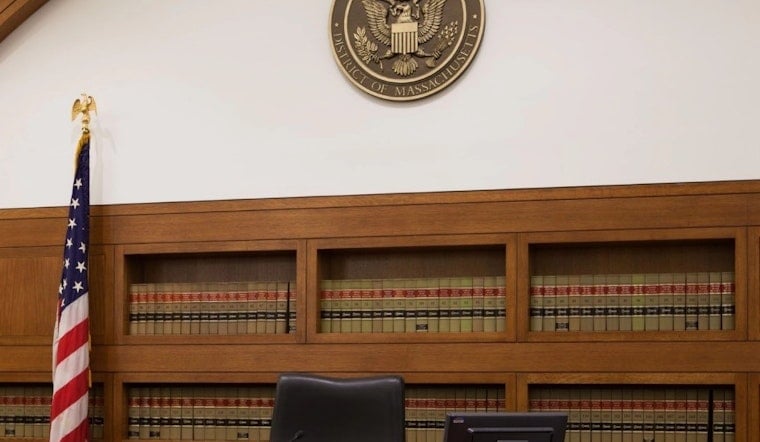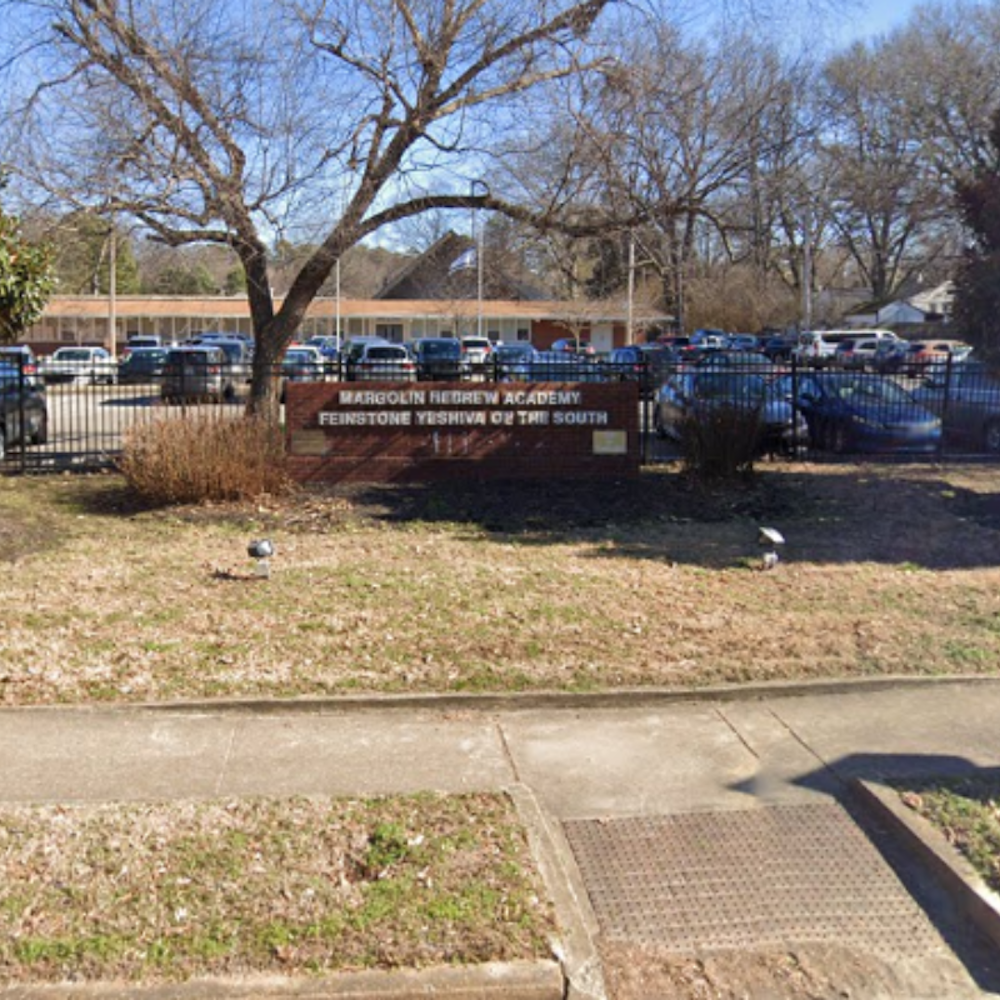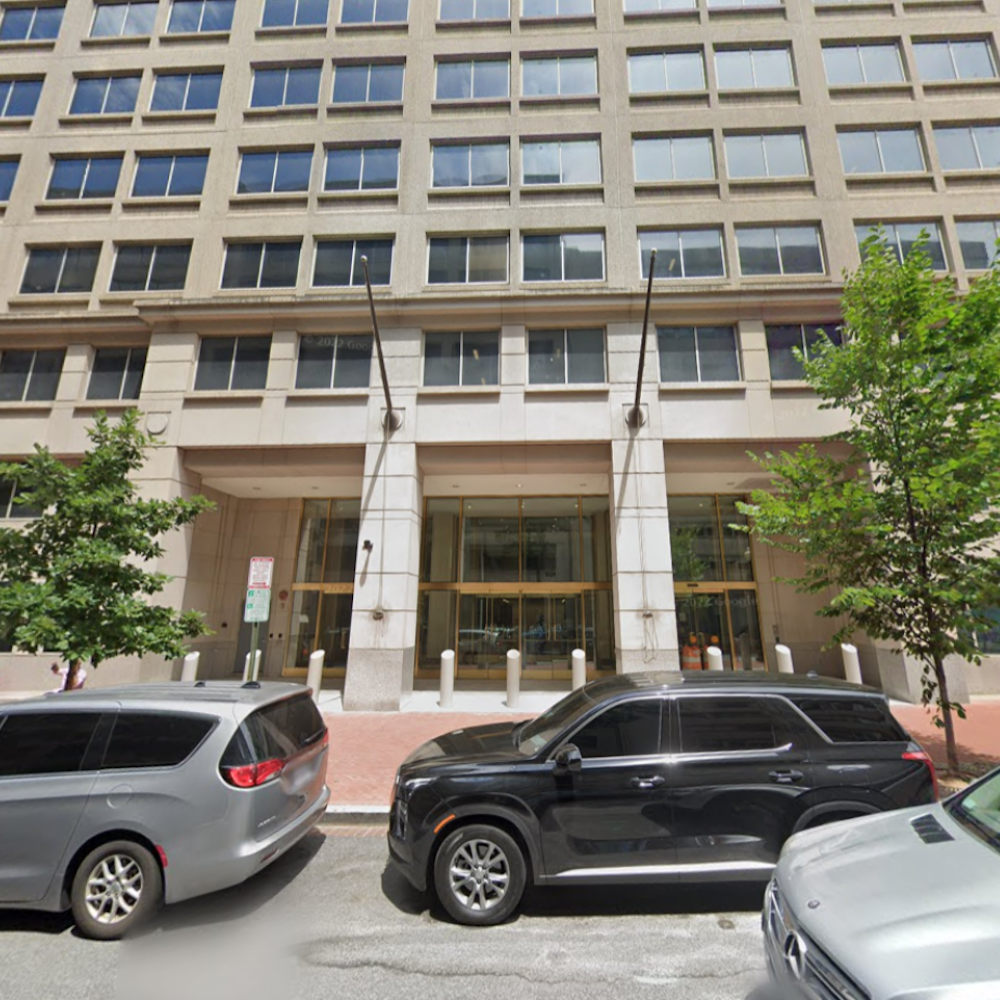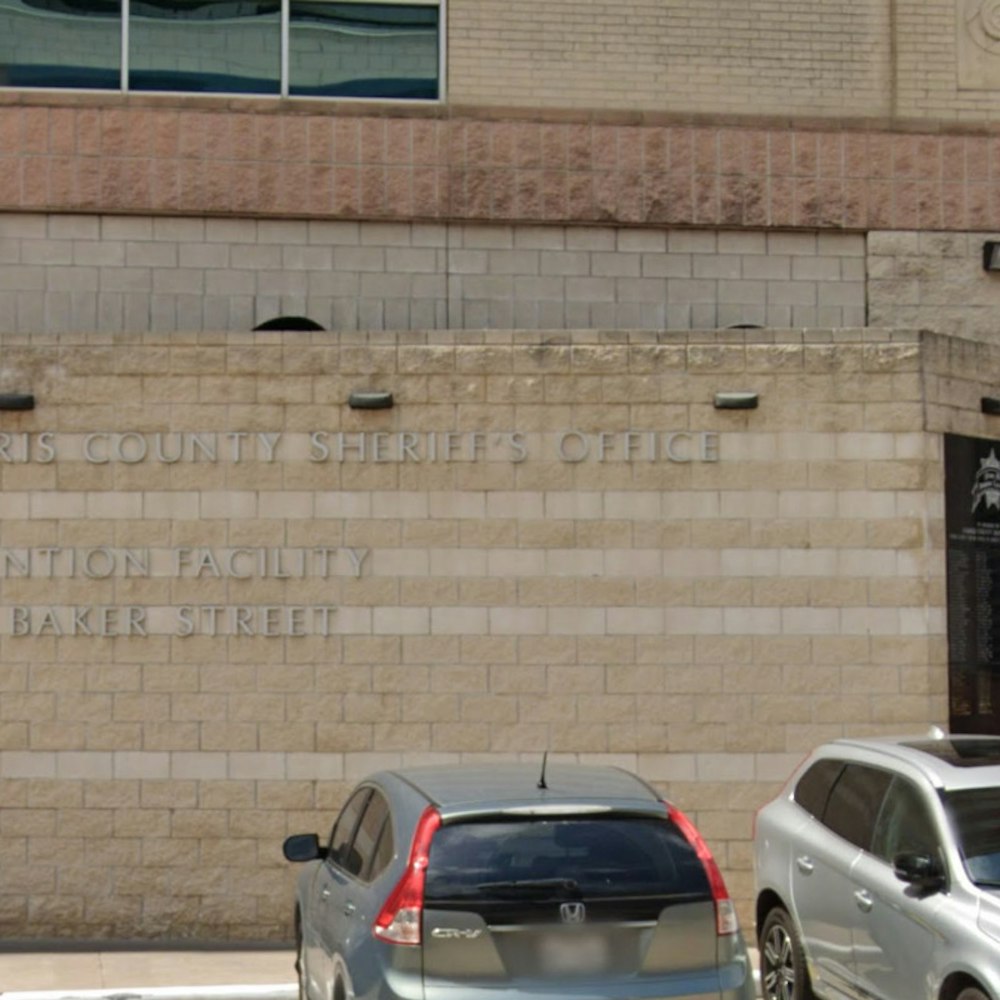
Following the Dobbs v. Jackson's Women Health Organization decision in June 2022, which overturned the federal right to provide abortion care and led to 15 complete bans on abortion in various states, researchers have found a significant increase in out-of-state travelers seeking abortion care in Massachusetts. According to a study published in JAMA Network Open conducted by investigators from Brigham and Women's Hospital, the number of out-of-state residents seeking abortion care in Massachusetts has risen by an estimated 37 percent.
As the study highlights, even prior to Dobbs, abortions were expensive and 60 percent of patients paid out-of-pocket dues to a lack of coverage by Medicaid and Medicare programs, private insurance, or concerns surrounding confidentiality breaches if insurance was used.
In the four months after Dobbs, the total number of abortions in Massachusetts increased 6.2 percent according to the Boston Globe. However, focusing on out-of-state residents, the increase is as high as 37.5 percent, which is about 45 additional abortions. It is not just New England residents seeking care within the state; visitors come from as far as Texas, Louisiana, Florida, and Georgia.
The study also found that the proportion of out-of-state residents receiving abortion funding increased by almost ten percent post-Dobbs, from approximately 8 percent to 18 percent. In contrast, in-state residents' use of funding only increased by one percent, from 2 percent to 3 percent, over the same period. This highlights the financial burden and elevated stress faced by out-of-state patients who require abortions.
Despite not bordering any states with an abortion ban, the surge in out-of-state travelers seeking abortion services and obtaining charitable funding to cover costs in Massachusetts demonstrates an urgent need to assess and strengthen the abortion service infrastructure in states without such restrictions. As reported by the Boston Globe, researchers hope their data will serve as "an example of how states across the country that share this commitment can monitor the trends in and needs of interstate travelers."
The researchers are now focusing their attention on gathering a more nuanced picture of the barriers patients face when traveling for abortions and how they overcome those obstacles, utilizing survey data from interstate travelers and in-state residents seeking abortion care not just in Massachusetts but also nationwide.

-1.webp?w=1000&h=1000&fit=crop&crop:edges)







